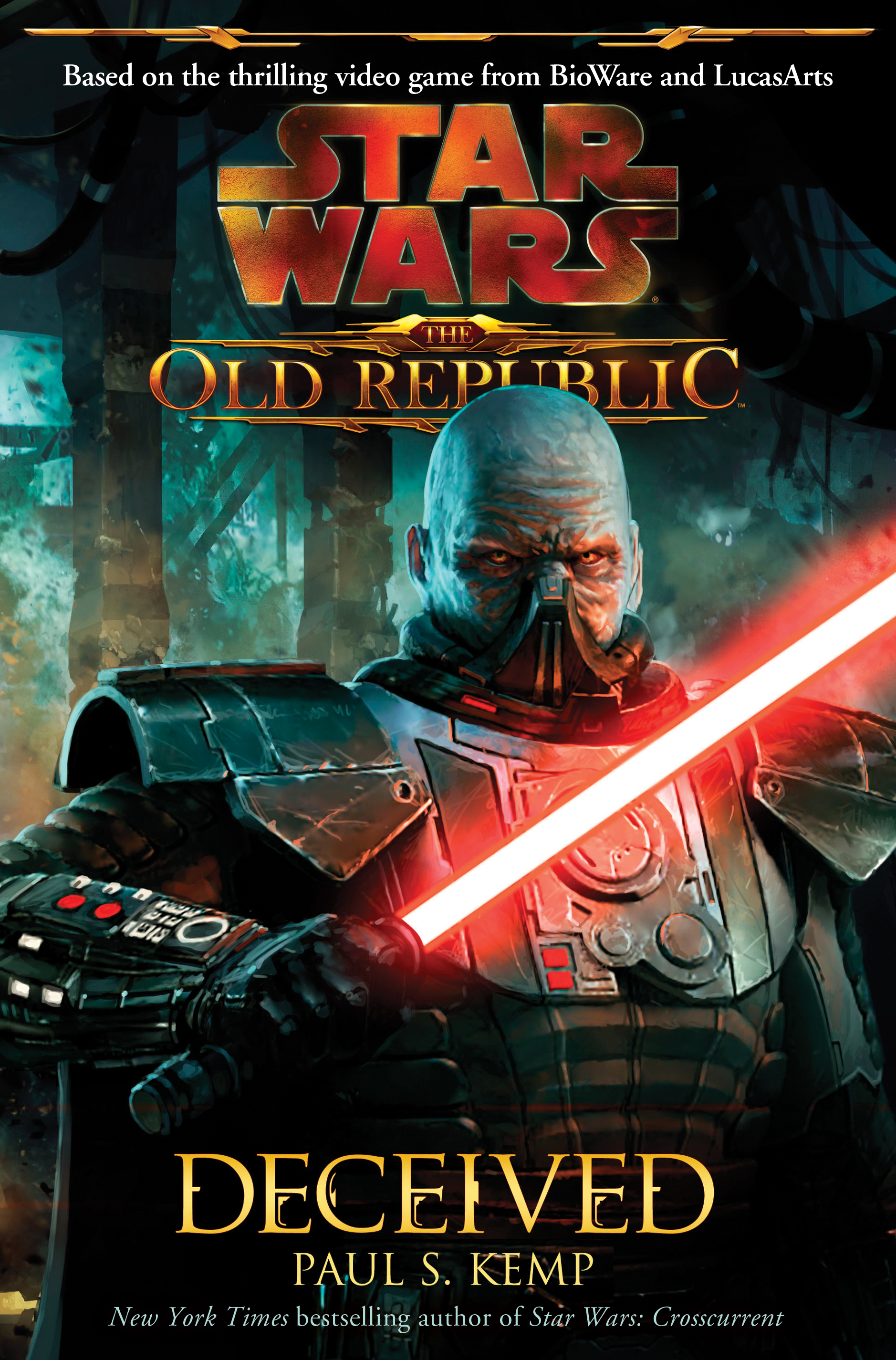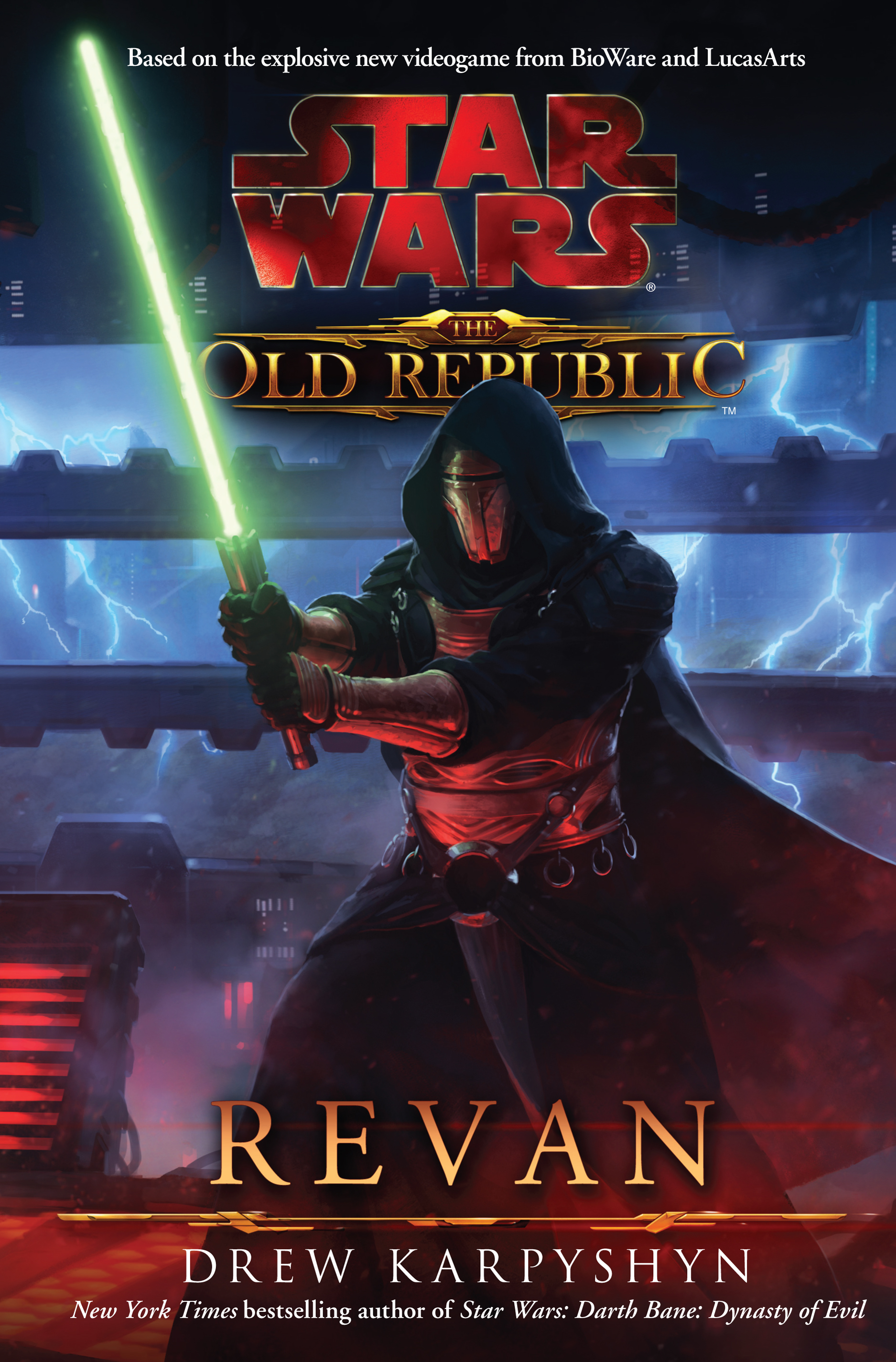When I was in high school, I watched the movie Battle Royale. Those familiar with the Hunger Games should recognize the basic concept immediately, a bunch of children are forced to kill each other in an isolated area for the sake of competition. However, Battle Royale came out long before the Hunger Games and was written in Japan. The movie is more violent but also doesn't take itself quite as seriously. I enjoyed the movie, even if it was a little morbid.
Years later, I was lent a copy of the book, which is pretty massive. It is very similar to the plot of the movie but enjoys all of the traditional advantages of books over movies. Because it is a book, all of the students get their own little time to shine and they definitely get more of a back story. Even though it is blatantly obvious from the beginning who the protagonist is, the book gives each character at least a little page time to show off their quirks.
While the book was interesting, it was translated from Japanese and I feel that a fair portion of the elegance of the writing was lost in translation. A lot of the time, I felt like certain paragraphs, with just a little tweaking, would have been significantly improved. Also, I know that this is partially my fault because I am not very familiar with Asian names, but with more than 40 characters it became difficult to keep all the names straight. It didn't help that there were multiple pairs of students whose names were extremely similar (Yumiko and Yukiko for example).
However, the themes that it explores about loyalty and psychology are definitely poignant. The students that cooperate versus those who don't and their reasons for their choice are fascinating. The book is a little gory but overall an enjoyable read. It managed, with its rather simplistic use of language, to still be a fun read while still making the reader think. Overall, I would give this book an 86%.
Informal book reviews and general thoughts about books from someone who enjoys reading
OR
Poorly written reviews of well written books
Monday, December 17, 2012
Friday, December 14, 2012
Star Wars: Deceived
I read Deceived immediately after I finished Revan. While they are both part of the same series (the Old Republic) they take place 300 years apart and are very different reads. Revan's goal was to fill in all the plot holes left open by the gaps between the various games while Deceived's goal was very different. One of the first promotions for The Old Republic was (a very pretty) cinematic trailer called "Deceived". This can be watched here for those who are interested. Deceived was designed to attract people who's interest was piqued by that trailer. It is essentially the back story and the aftermath of the events depicted in that trailer.
If that seems like a strange basis for a book, it is. There were parts of the book where the author clearly was watching the trailer and simply writing down what it showed. However, this somewhat strangeness was made up for with Kemp's no holds barred action scenes. The book takes a little while to ramp all the way up but once it reaches its top speed it hangs out there for a good while.
Like many of Kemp's books, this is short. Not because anything is missing simply because Kemp's writing style is such that he just slams everything into the reader and is done. This is not a complaint, just a comment on style. There are a couple of extremely memorable scenes though and the book is definitely a fun read.
Overall, I would give this book an 80%.
If that seems like a strange basis for a book, it is. There were parts of the book where the author clearly was watching the trailer and simply writing down what it showed. However, this somewhat strangeness was made up for with Kemp's no holds barred action scenes. The book takes a little while to ramp all the way up but once it reaches its top speed it hangs out there for a good while.
Like many of Kemp's books, this is short. Not because anything is missing simply because Kemp's writing style is such that he just slams everything into the reader and is done. This is not a complaint, just a comment on style. There are a couple of extremely memorable scenes though and the book is definitely a fun read.
Overall, I would give this book an 80%.
Tuesday, December 4, 2012
Star Wars: Revan
Revan was written for the gamers. It is great at what it does, but that would not really appeal to a normal audience. This book connects together the two Knights of the Old Republic video games and the new The Old Republic game. The titular character is the protagonist of the first KOTOR game who disappeared before the start of the second one. Many fans were somewhat miffed by the jarring transition between the two KOTOR games and have been waiting for something like this for a long time. However, I am glad that they waited because this allowed them to tie together all three games very neatly and in a sensible way. However, as you may have gathered, this book would not be the same if you had not played these games.
Don't get me wrong, Mr. Karpyshyn makes a noble effort to keep the reader in the know even if they haven't played the games, but there is so much depth missing if you have not played them. Honestly, the author did a masterful job at tying together a large number of plot threads from the three different games and all that work will go unappreciated if you have played none of them (for the record I have played one of them completely and half of each of the other two).
The story goes in a different direction than most Star Wars stories as, instead of rehashing the story of a game, it instead acts as a lead in to one. This means that it ends a degree of cliffhanger that is uncommon for a novel without an intended sequel. The story is wrapped up, but many plot threads are left dangling because they are continued and wrapped up by The Old Republic. I have to say that this book did rekindle my interest in the game (which was guttering) so it did accomplish one of its intended goals. It was also an enjoyable read, but I feel that the domain knowledge hurdle might be a little high for those who have not played the game.
Overall, I would give this book an 80%.
Don't get me wrong, Mr. Karpyshyn makes a noble effort to keep the reader in the know even if they haven't played the games, but there is so much depth missing if you have not played them. Honestly, the author did a masterful job at tying together a large number of plot threads from the three different games and all that work will go unappreciated if you have played none of them (for the record I have played one of them completely and half of each of the other two).
The story goes in a different direction than most Star Wars stories as, instead of rehashing the story of a game, it instead acts as a lead in to one. This means that it ends a degree of cliffhanger that is uncommon for a novel without an intended sequel. The story is wrapped up, but many plot threads are left dangling because they are continued and wrapped up by The Old Republic. I have to say that this book did rekindle my interest in the game (which was guttering) so it did accomplish one of its intended goals. It was also an enjoyable read, but I feel that the domain knowledge hurdle might be a little high for those who have not played the game.
Overall, I would give this book an 80%.
Sunday, December 2, 2012
Brave New World
When I was in high school I had to read 1984 for my English class. It was an interesting book. At the time I had never really read anything like it. The ending was less than I desired but the book really did make one think about oppressive governments and the importance of history. Then, in college, I read We at the recommendation of one of my friends. We is basically a Russian version of 1984. It doesn't bludgeon the reader quite so much with the symbolism and allegory and I think it might be a better story. When I finished reading We, I was talking about it to some of my other friends and they were comparing it to both 1984 and Brave New World, a book I had heard of but never read. Fast forward a few years and I pick up one for cheap in a used bookstore. Fast forward a little further and I am reading it.
The book is not very long, less than 180 pages, but it is filled with poignancy. It was written in 1931 and, unlike many books written at that time, it still manages to hold up as a plausible future. The basic premise of the book is that people are divided into castes and their start taking place at conception. However, there is a drug, soma, that makes people happy and it is a fundamental part of everyone's life. Obviously, if this is the future it is still a long way away, but the basic aspects resonate well.
What this book also has that 1984 and We lacked is a sense of humor. It is by no means a comedy but it is not afraid to do something funny once in a while to lighten the mood. 1984 especially feels almost like it is weighing you down as you read it, with all its furtiveness and secrecy. This book takes a more lighthearted approach. The dystopia shown here is only a few degrees away from what could be considered utopia. That acknowledgement is perhaps a little scary, but surprisingly true.
I can certainly say that I would be more comfortable living here than in just about any other dystopian future.
Overall, I would give this book a 89%.
Subscribe to:
Posts (Atom)



